Here’s the key stuff that happened in my week of Monday 9 to Sunday 15 December 2013.
As I mentioned a couple weeks ago, I’ll do some sort of more detailed post explaining the state of the world — or at least my little bit of it — once I’ve caught up on these posts.
Articles
None. This was the terribly unproductive week that I haven’t told you about yet.
Media Appearances
- On Friday I was a guest on Marc Fennell’s Download This Show. Well, it was recorded on Friday, and broadcast on ABC Radio National on Sunday.
- Also on Friday, I spoke a couple of sentences about Google and privacy on The Project.
Corporate Largesse
- On Tuesday I went to the VMware media lunch at Quay Restaurant in Sydney. There was food (including dessert) and wine.

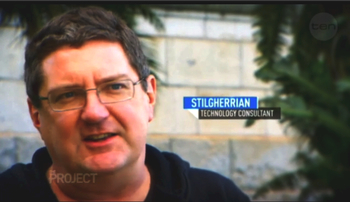 I am continually intrigued by the choices of stories that I end up talking about on Channel TEN’s The Project — like bouncing off the release of a
I am continually intrigued by the choices of stories that I end up talking about on Channel TEN’s The Project — like bouncing off the release of a 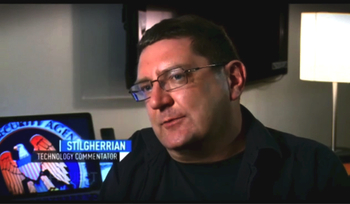 The revelation that the US National Security Agency (NSA) was engaged in such comprehensive spying of American citizens and their allies, some of it possibly unconstitutional, continues to make headlines.
The revelation that the US National Security Agency (NSA) was engaged in such comprehensive spying of American citizens and their allies, some of it possibly unconstitutional, continues to make headlines.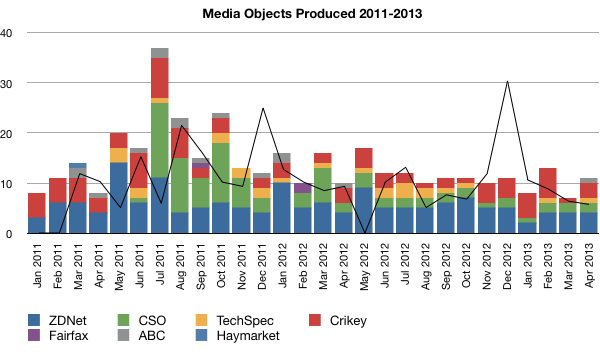
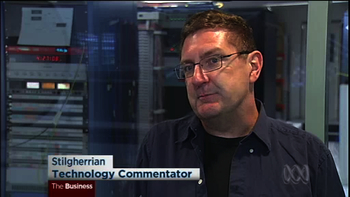 A strange thing happened yesterday. A distributed denial service (DDoS) attack, a big one, got reported in the mainstream media as having somehow all but crippled the internet — despite all the journalists presumably continuing to use the internet as usual.
A strange thing happened yesterday. A distributed denial service (DDoS) attack, a big one, got reported in the mainstream media as having somehow all but crippled the internet — despite all the journalists presumably continuing to use the internet as usual.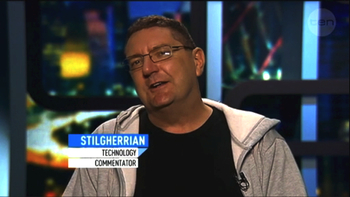 The trial of the alleged murderer of Melbourne journalist Jill Meagher revealed (at least to those who were previously unaware) the importance of
The trial of the alleged murderer of Melbourne journalist Jill Meagher revealed (at least to those who were previously unaware) the importance of